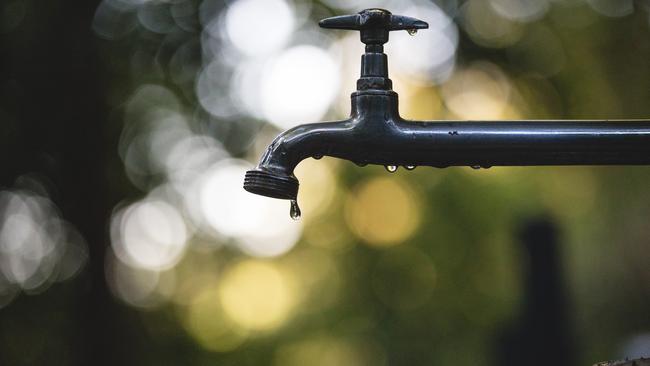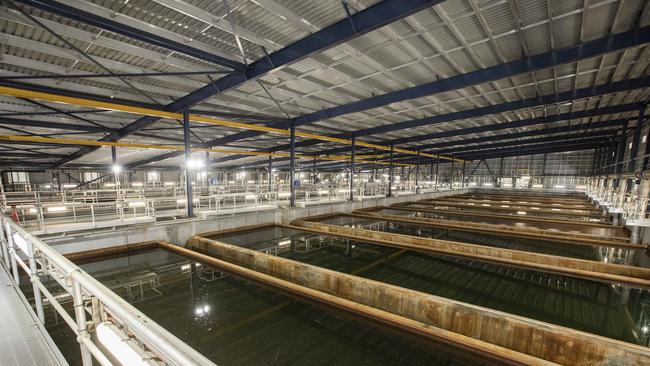Global Food Forum: Waste and water the critical challenges

Food supplies one in three manufacturing jobs. When we turn wheat into bread it means value-added food which means manufacturing jobs.
So it’s pleasing that since we began the Global Food Forum we have increased added-value food exports from $18bn to $28bn.
And the proof that that creates jobs within Australia is that since 2013 we’ve seen 1400 new food and beverage factories.
The Prime Minister’s budget rightly identified Australia’s need for even more high-value manufacturing jobs. Food is one sector that can deliver them.
How? One reason is that COVID has brought food safety into even starker focus, and Australia’s producers lead the world in producing safe food for Asia’s burgeoning middle class who can afford our added value food. We not only have the best safety protocols, but natural resources. You can grow anything in Australia.
The biggest threat to our growing quality food is the devastating impact of drought and fires due to climate change. It could lead to massive food shortages. But Australia has many of the solutions at its fingertips — practical measures rather than virtue-signalling.
A key action is bold new investment in water infrastructure. Our food producers need to be drought-resilient. Again, the Prime Minister has rightly homed in on this in his budget.
Desalination of water is one of the solutions. That’s because, in the case of water, certainty of supply outweighs the higher cost of delivering it. In fact, in a world without water, reliability becomes everything.

In parallel with new water infrastructure we should tackle the issue of speculative buying of water rights. We need an all-of-society solution aimed squarely at getting more water security for our growers and processors.
Another infrastructure solution for a changing climate is expanding things like glasshouses and covering crops. And I believe Australian superannuation funds could confidently lend for these types of new food-supporting investments and operations.
Next, we need to make sure there’s no fruit left on the vine due to lack of pickers. The recent budget had some positive measures for getting young people from the cities into our orchards. And we need to eliminate the backpacker tax.
Making sure we harvest everything means no food waste, which would deliver a triple-win of feeding more people, reducing farmers’ losses and cutting greenhouse gases from rotting food waste; it’s been calculated that if food waste was a country, it’d be the world’s third-largest greenhouse gas emitter.
And avoiding landfilling is a major and practical weapon against climate change because landfills generate more emissions that all global aviation.
There need be no trade-off between commercialism and sustainability.






The food industry hasn’t received the attention it deserves. But thanks to the Global Food Forum it’s now at centre stage as part of Australia’s manufacturing renaissance.